
For many kratom users, the herbal ingredient is akin to a cup of coffee or other, similar consumption-based components of a daily routine.
But for those looking to restrict access to kratom, opponents have attempted to paint a much darker picture–one of an illicit black-market substance with potential deadly outcomes.
Now, as lawmakers and consumers weigh in on the legal status of kratom, the prevailing science and legal position is shutting down fears of kratom’s toxicity and steering the conversation toward discussions around a safe, regulated market.
Current discussions around kratom in the United States are taking place at all levels of government, with the back-and-forth including a similar refrain from opponents: kratom carries a risk of overdose. The only problem is that current science tells a different story, and as attempts to ban kratom continue to fall short, it appears lawmakers are starting to see through the scare tactic.
In each instance of state or local lawmakers trying to ban kratom, a similar story has played out in the framing of proposed kratom bans: The measure’s sponsor, backed by local law enforcement and medical examiners, uses the risk of overdose as a reason to take drastic, immediate action.
Like in Louisiana, where discussions around Livingston Parish’s attempt to ban kratom centered on the death of a 2-year-old child who had accidentally ingested substances that included kratom. That’s just one of a handful of deaths that have been included in lawsuits and legislation in multiple states, many of which reference nearly identical language.
The efforts also share the commonality of being backed by the recommendations of the Food and Drug Administration.
Again, the problem with that is that it doesn’t match with available science and studies, according to Mac Haddow from the American Kratom Association. In many instances, similar to the case in Louisiana, the deaths in question have involved a variety of medications and drugs, both prescribed and illicit, but kratom’s presence has still allowed opponents to place blame.
“Unfortunately, I believe that’s been the catalyst for many of these allegations about kratom causing a death,” Haddow said.
In the instances referenced by lawsuits, coroner’s reports and decisions are referenced, rather than included, making the basis for deaths ruled “acute mitragynine overdose” unclear. As far as the National Institute on Drug Abuse is concerned, fatal overdose from kratom alone is “extremely rare” with only two deaths being reported in a study that looked at a six-year period.
From Haddow’s perspective, the FDA’s approach to kratom, as well as other financial considerations, has led to kratom’s characterization, even in opposition of the NIDA’s study of available research.
“Make no mistake, the influence of the Food and Drug Administration on medical examiners,” Haddow said, “combined with completely bizarre justifications from toxicology groups, who make their money on forensic screens after a death, are promoting the idea that mitragynine or acute mitragynine can cause a death.
“The science doesn’t justify that.”
Among the materials Haddow is referring to is a study of kratom published a year ago that featured in vitro studies of how kratom compares to classical opioids. In that study, it was found that the biochemical pathways affected by kratom “do not carry risk of overdose comparable to classical opioids” and that the “non-opioid mechanisms” of kratom show the “complexity of the plant and our limited knowledge of its pharmacology.”
That study, and other similar studies of kratom users, provide the backing for why Haddow said claims of deaths attributed to the substance fly in the face of available research.
“To blame kratom is simply wrong when it isn’t justified with the science.”
So while Haddow said he’s sympathetic toward families who have lost loved ones, it’s an overstep to try and ban kratom in response.
“They should know the truth, as should every individual in this whole chain of custody of these kinds of reports, including medical examiners,” he said. “And not be misled by the FDA’s pernicious campaign to circulate disinformation about kratom.”

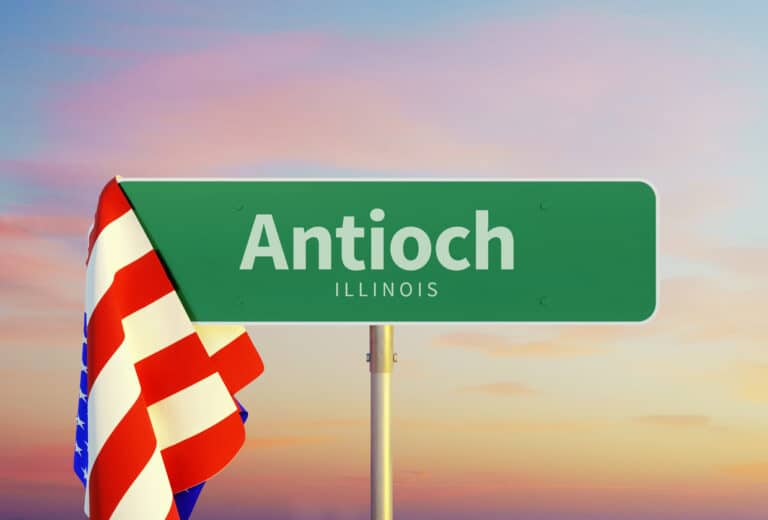





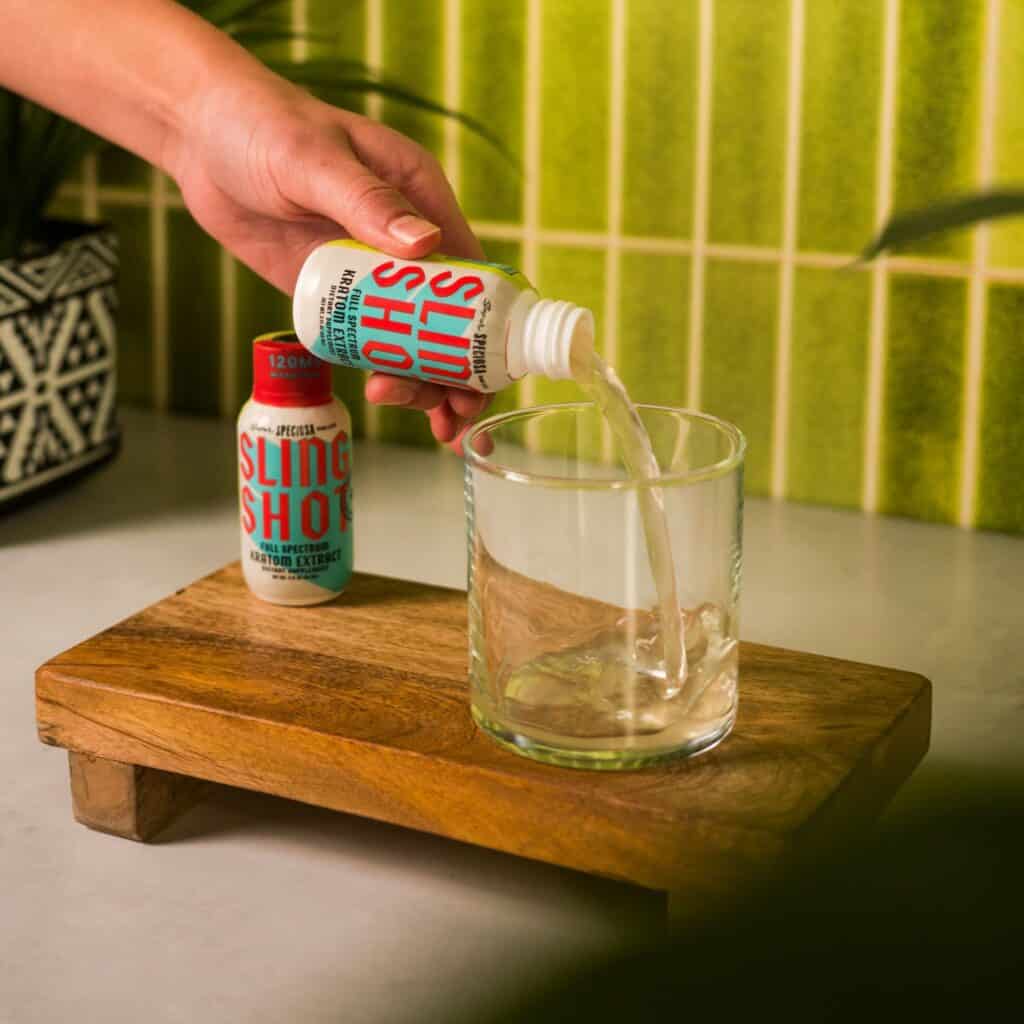
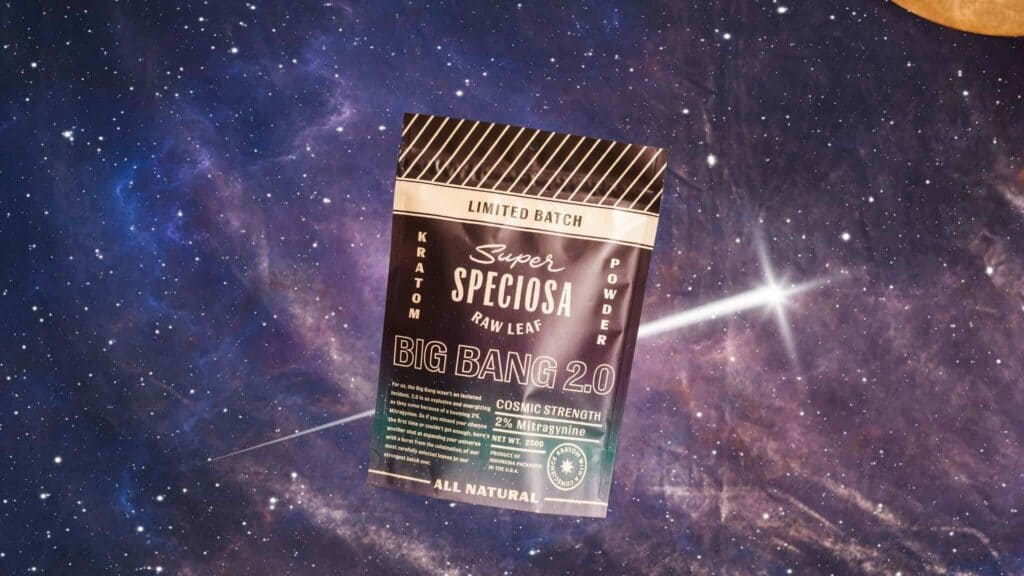
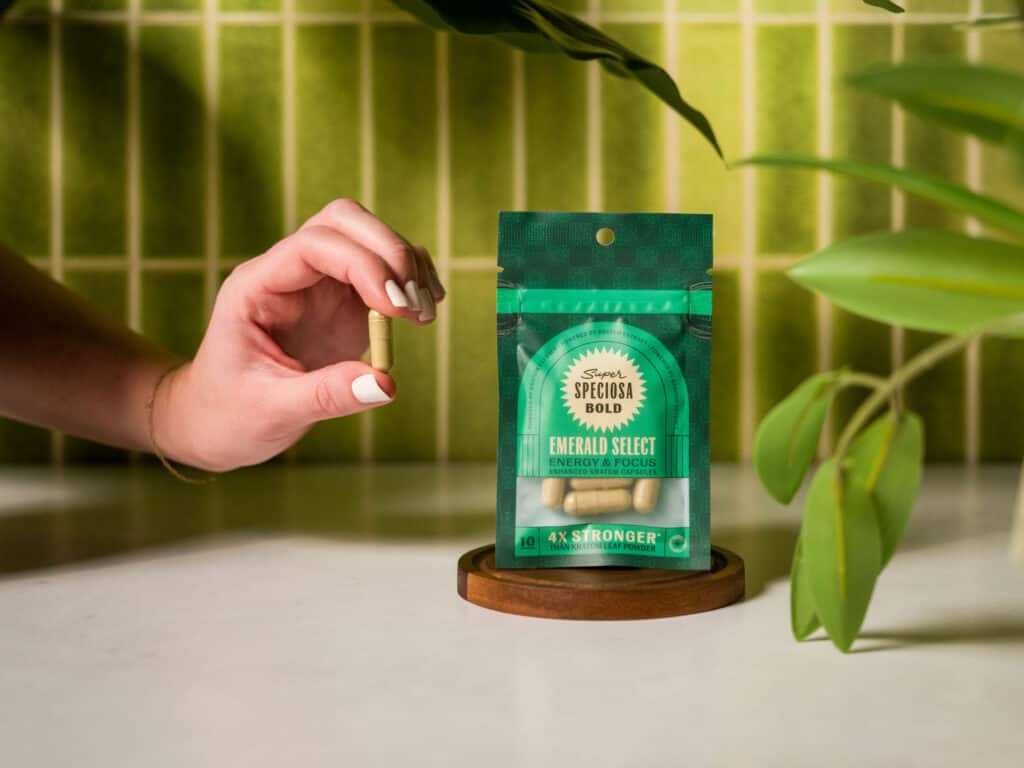
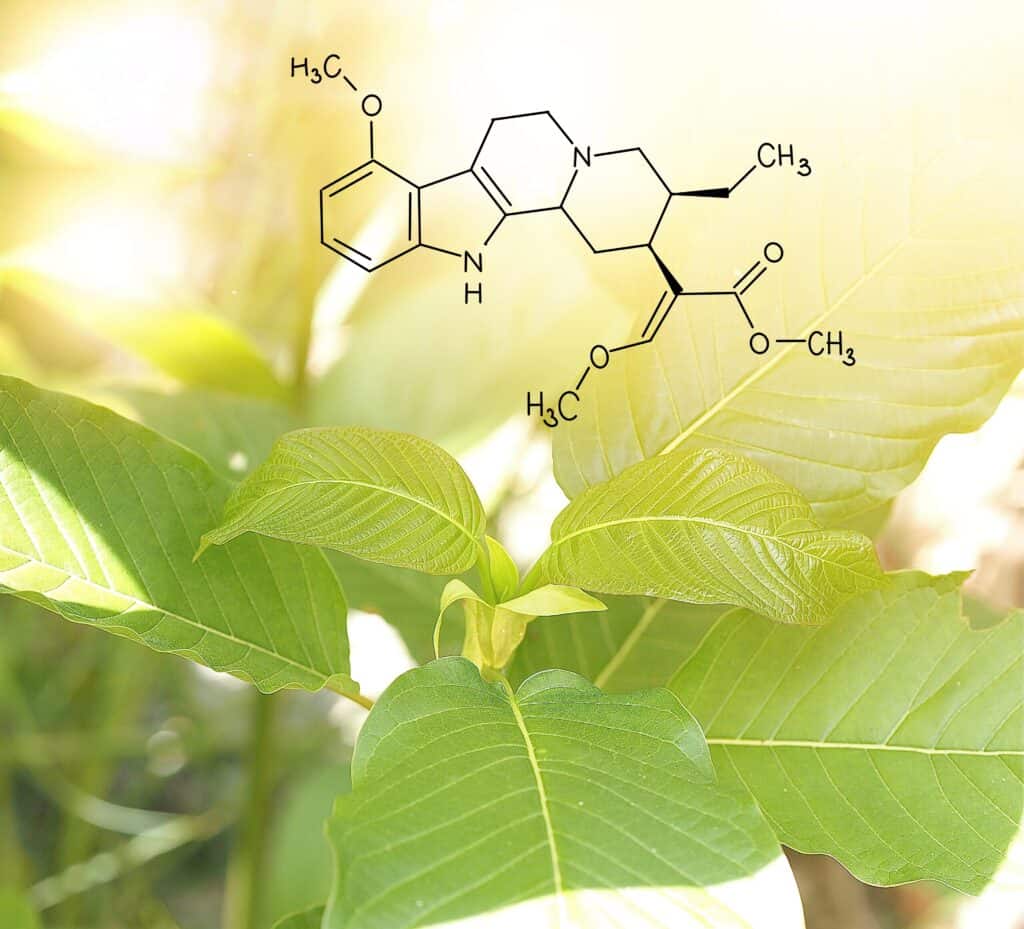
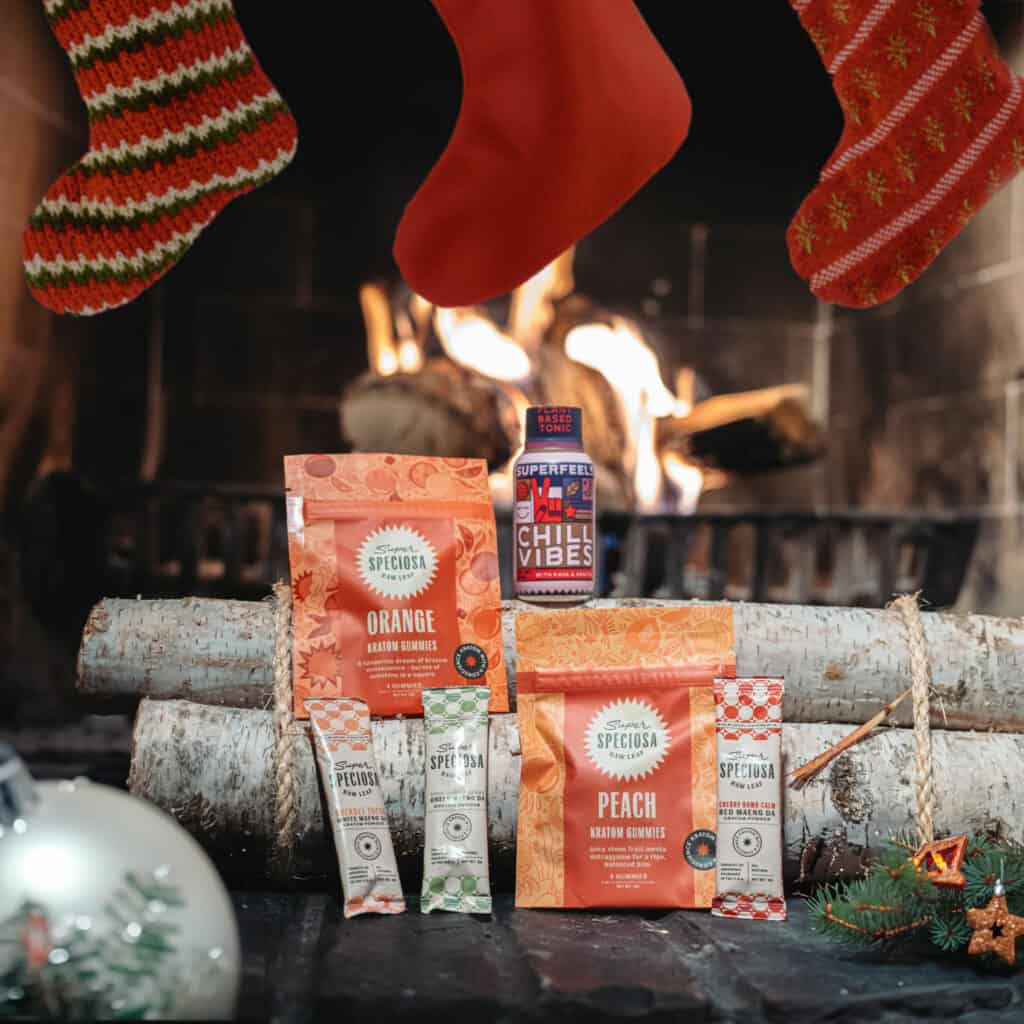
These statements and products presented on this website have not been evaluated by the Food and Drug Administration FDA. The products mentioned on this website are not intended to diagnose, prevent, treat or cure any diseases or health conditions. Therefore any information on this website is presented solely as the opinions of their respective authors who in which do not claim in any way shape or form to be medical professionals providing medical advice. SuperSpeciosa.com and its owners or employees cannot be held responsible for, and will not be liable for the inaccuracy or application of any information whatsoever herein provided. By purchasing our products you agree that you are aware and in compliance with your local county, state, or federal regulations. Must be 21 years or older to purchase Kratom. The US FDA has not approved kratom as a dietary supplement. We do not ship to the following states, cities and counties in the US where Kratom is banned: Alabama, Arkansas, Indiana, Rhode Island, Vermont, Wisconsin, Sarasota County, FL, Union County, MS, San Diego, CA, Jerseyville, IL, Oceanside, CA, and Ontario, OR. Furthermore, Kratom is also banned in the following countries where shipment cannot be executed: Australia, Burma, Denmark, Finland, Israel, Lithuania, Malaysia, Myanmar, Poland, Romania, South Korea, Sweden, Thailand, United Kingdom, Vietnam.
This product should be used only as directed on the label. It should not be used if you are pregnant or nursing. Consult with a physician before use if you have a serious medical condition or use prescription medications. A Doctor’s advice should be sought before using this and any supplemental dietary product. All trademarks and copyrights are property of their respective owners and are not affiliated with nor do they endorse this product. By using this site, you agree to follow the Privacy Policy and all Terms & Conditions printed on this site. Void where prohibited by law.
† These statements have not been evaluated by the FDA. This product is not intended to diagnose, treat, cure or prevent any disease.
Testimonials on this website are not intended as claims that our products can be used to diagnose, treat, cure, mitigate or prevent any disease. Read full disclaimer.
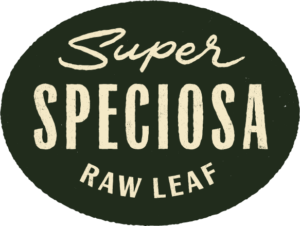
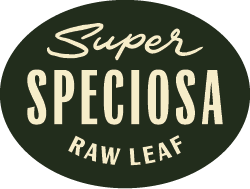
By submitting you agree to receive automated promotional messages. This agreement is not a condition of any purchase. See Terms and Privacy Policy. Frequency varies. Can opt out at any time.

There’s always something new happening. Enter your info below to get updates on huge deals, new products and special batch kratom releases.
By submitting you agree to receive automated promotional messages. This agreement is not a condition of any purchase. Message and data rates may apply. See Terms and Privacy Policy. Frequency varies. Can opt out at any time.